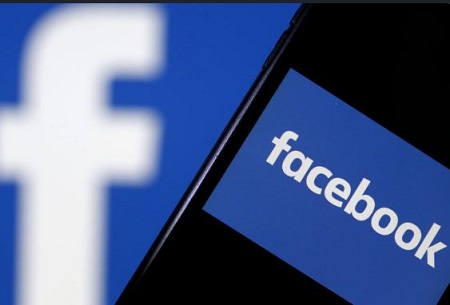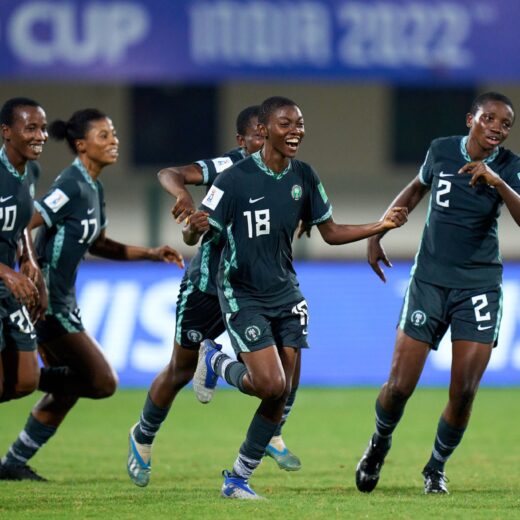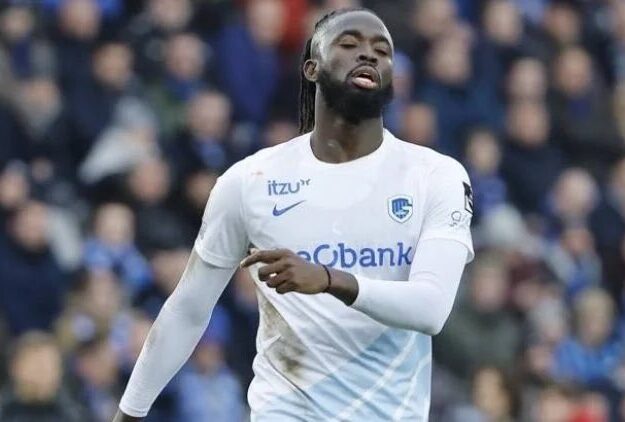
Facebook disclosed this in a statement distributed on its behalf by APO Group on Tuesday; noting that feedback from the Facebook community is one of the many signals the social media outfit uses to raise potentially false stories to fact-checkers for review.
A statement distributed by APO Group on behalf of Facebook, states, “Joining third-party fact-checking programmes in Kenya, Nigeria, South Africa, Cameroon and Senegal, Facebook today announced the expansion of its Third-Party Fact-Checking programme to 10 additional African countries.
“In partnership with Agence France-Presse, the France 24 Observers, Pesa Check and Dubawa, this programme forms part of its work in helping assess the accuracy and quality of news people find on Facebook, while reducing the spread of misinformation on its platform.”
The social media outfit will work with a network of fact-checking organisations certified by the non-partisan International Fact-Checking Network.
Consequently, third-party fact-checking will now be available in Ethiopia, Zambia, Somalia and Burkina Faso through AFP; Uganda and Tanzania through both Pesa Check and AFP; Democratic Republic of Congo and Cote d’Ivoire through the France 24 Observers and AFP’ Guinea Conakry through the France 24 Observers, and Ghana through Dubawa, it added.
It warned that feedback from its community of users is one of the many signals Facebook uses to raise potentially false stories to fact-checkers for review.
“Local articles will be fact-checked alongside the verification of photos and videos. If one of our fact-checking partners identifies a story as false, Facebook will show it lower in News Feed, significantly reducing its distribution,” the statement added.
Kojo Boakye, Facebook Head of Public Policy, Africa, said: “The expansion of third-party fact-checking to now cover 15 countries in a little over a year shows, firsthand, our commitment and dedication to the continent, alongside our recent local language expansion as part of this programme.
“Taking steps to help tackle false news on Facebook is a responsibility we take seriously; we know misinformation is a problem, and these are important steps in continuing to address this issue.
“We know that third-party fact-checking alone is not the solution, it is one of many initiatives and programmes we are investing in to help to improve the quality of information people see on Facebook.
“While we’ve made great progress, we will keep investing to ensure Facebook remains a place for all ideas, but not for the spread of false news.”
When your story is fact-checked
When third-party fact-checkers fact-check a news story, Facebook will show these in Related Articles immediately below the story in News Feed.
“Page Admins and people on Facebook will also receive notifications if they try to share a story or have shared one in the past that’s been determined to be false, empowering people to decide for themselves what to read, trust, and share,” the release stated.Facebook set to fact-check posts from Nigeria, nine others.
Facebook disclosed this in a statement distributed on its behalf by APO Group on Tuesday; noting that feedback from the Facebook community is one of the many signals the social media outfit uses to raise potentially false stories to fact-checkers for review.
A statement distributed by APO Group on behalf of Facebook, states, “Joining third-party fact-checking programmes in Kenya, Nigeria, South Africa, Cameroon and Senegal, Facebook today announced the expansion of its Third-Party Fact-Checking programme to 10 additional African countries.
“In partnership with Agence France-Presse, the France 24 Observers, Pesa Check and Dubawa, this programme forms part of its work in helping assess the accuracy and quality of news people find on Facebook, while reducing the spread of misinformation on its platform.”
The social media outfit will work with a network of fact-checking organisations certified by the non-partisan International Fact-Checking Network.
Consequently, third-party fact-checking will now be available in Ethiopia, Zambia, Somalia and Burkina Faso through AFP; Uganda and Tanzania through both Pesa Check and AFP; Democratic Republic of Congo and Cote d’Ivoire through the France 24 Observers and AFP’ Guinea Conakry through the France 24 Observers, and Ghana through Dubawa, it added.
It warned that feedback from its community of users is one of the many signals Facebook uses to raise potentially false stories to fact-checkers for review.
“Local articles will be fact-checked alongside the verification of photos and videos. If one of our fact-checking partners identifies a story as false, Facebook will show it lower in News Feed, significantly reducing its distribution,” the statement added.
Kojo Boakye, Facebook Head of Public Policy, Africa, said: “The expansion of third-party fact-checking to now cover 15 countries in a little over a year shows, firsthand, our commitment and dedication to the continent, alongside our recent local language expansion as part of this programme.
“Taking steps to help tackle false news on Facebook is a responsibility we take seriously; we know misinformation is a problem, and these are important steps in continuing to address this issue.
“We know that third-party fact-checking alone is not the solution, it is one of many initiatives and programmes we are investing in to help to improve the quality of information people see on Facebook.
“While we’ve made great progress, we will keep investing to ensure Facebook remains a place for all ideas, but not for the spread of false news.”
When your story is fact-checked
When third-party fact-checkers fact-check a news story, Facebook will show these in Related Articles immediately below the story in News Feed.
“Page Admins and people on Facebook will also receive notifications if they try to share a story or have shared one in the past that’s been determined to be false, empowering people to decide for themselves what to read, trust, and share,” the release stated.
You may be interested

‘I’m Incredibly Proud’– Arokodare Talks Up Genk’s Unbeaten Home Streak
Webby - December 23, 2024Tolu Arokodare is full of excitement followingGenk’s historic victory over Anderlecht, reports Completesports.com.Sunday’s win at the Cegeka Arena was the…

WAFU B U-17 Girls Cup: Ghana Edge Gallant Flamingos On Penalties In Final
Webby - December 22, 2024Despite a spirited performance Nigeria’s Flamingos lost on penalties to hosts Ghana on penalty shootout in the final of the…

Bournemouth Equal Burnley’s Old Trafford Feat After 3-0 Win Vs United
Webby - December 22, 2024Bournemouth’s 3-0 win against Manchester United on Sunday meant the Cherries equaled Burnley’s feat at Old Trafford.United went into the…


















![American Pastor, David Wilson Seen Eating The Box Of Woman Who Isn’t His Wife [Video]](https://onlinenigeria.com/wp-content/uploads/2019/10/american-pastor-david-wilson-seen-eating-the-box-of-woman-who-isnt-his-wife-video-150x150.jpg)








